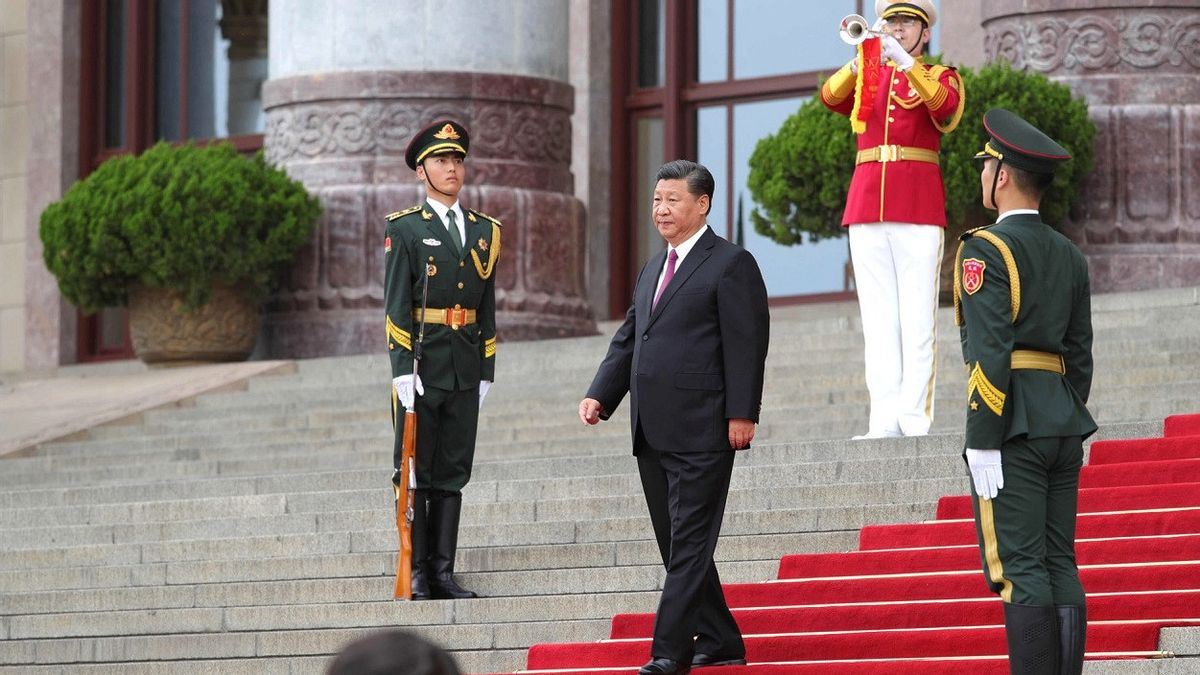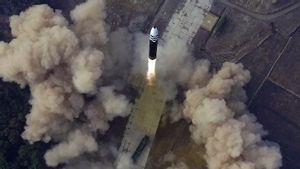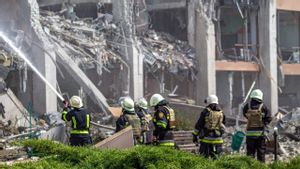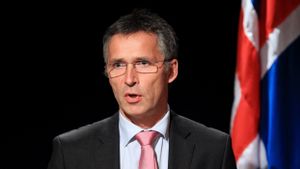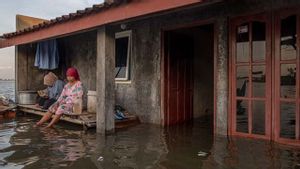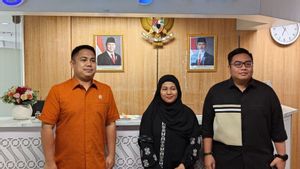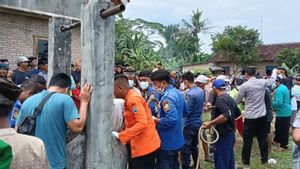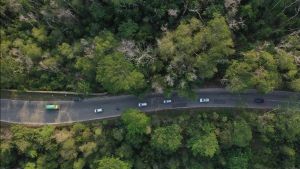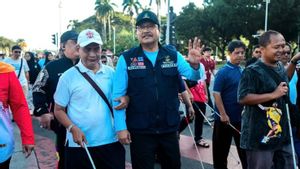JAKARTA - Chinese President Xi Jinping spoke with UN human rights chief Michelle Bachelet on Wednesday, as his visit drew criticism from human rights groups, which the United States saw as a mistake.
Meanwhile, Bachelet's six-day trip will include a visit to the far western region of Xinjiang, where her office said last year it believed most ethnic Uighur Muslims had been unlawfully detained, persecuted, and forced to work.
President Xi told Bachelet via video link that China's human rights developments were "according to its own national conditions". Among the various types of human rights, the right to survival and development is the most important for developing countries.
"Dying away from reality and imitating other countries' institutional models will not only be well suited to local conditions but also bring disastrous consequences", Xinhua news agency quoted Xi as saying.
"In the end, the broad masses of the people will suffer", Xi said.
Bachelet's office did not immediately respond to an email request for comment.
Meanwhile, critics say they don't believe Bachelet will be given the access needed to make a full assessment of the rights situation in Xinjiang.
Previously, Bachelet had called for unrestricted access in Xinjiang, but China's Foreign Ministry said her visit would be carried out in a 'closed circle', referring to how to isolate people in a 'bubble' to prevent the spread of COVID-19.
Separately, US State Department spokesman Ned Price said it was "a mistake to agree to a visit under such circumstances". The United States has described China's treatment of the Uyghurs as genocide.
"We do not expect that the PRC (People's Republic of China) will provide the necessary access to a complete and non-manipulated assessment of the human rights environment in Xinjiang", he said.
"We think it was a mistake to agree to a visit under such circumstances", Price said, adding that Bachelet would not be able to get a full picture "of the atrocities, crimes against humanity and genocide" in the region.
Asked whether Chinese leader Xi Jinping was responsible for the abuses, Price said it would be "hard for us to imagine" that the most senior levels of the Chinese government didn't know about it.
He added that media reports on Tuesday of thousands of photos and documents being leaked from public security bureaus in two Xinjiang counties added to "incriminating evidence" of abuses there.
VOIR éGALEMENT:
On Monday, Bachelet told Beijing-based diplomats his trip to Xinjiang was "not an investigation" into China's human rights record, but about long-term engagement with Chinese authorities, three Western diplomats told Reuters.
Bachelet explained that although her access was limited due to COVID-19, she had arranged several meetings with people independent of Chinese authorities.
China initially denied the existence of detention camps in Xinjiang but in 2018 said it had set up "vocational training centers" needed to curb what it said was terrorism, separatism, and religious radicalism in Xinjiang. In 2019, Xinjiang Governor Shohrat Zakir said all the trainees had "graduated".
The English, Chinese, Japanese, Arabic, and French versions are automatically generated by the AI. So there may still be inaccuracies in translating, please always see Indonesian as our main language. (system supported by DigitalSiber.id)
